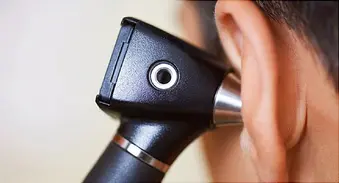Now Hear This: The Facts About Ear Care


Question 1/9
Listening to loud music can damage your ears in:
- A few years
- A few weeks
- 30 minutes
Question 2/9
You should clean your ears with a:
- Cotton swab
- Washcloth
- Both
Question 3/9
Ear “candling” is a good way to remove earwax.
- True
- False
Question 4/9
If you don't want “swimmer’s ear,” you should:
- Dry your ears after you swim
- Don't try to clean inside your ears
- Both
Question 5/9
For older kids, doctors usually recommend this for mild ear infections:
- Ear drops
- Anti-inflammatory medication
- A wait-and-see approach
Question 6/9
This can help you avoid “airplane ear”:
- Yawn, swallow, or chew gum
- Drink plenty of water before you board
- Jump up and down
Question 7/9
Use this to care for newly pierced ears:
- White vinegar
- Hydrogen peroxide
- Rubbing alcohol
Question 8/9
Tinnitus -- ringing in your ears -- may never go away.
- True
- False
Question 9/9
Many wrestlers and boxers wear equipment to protect their ears.
- True
- False